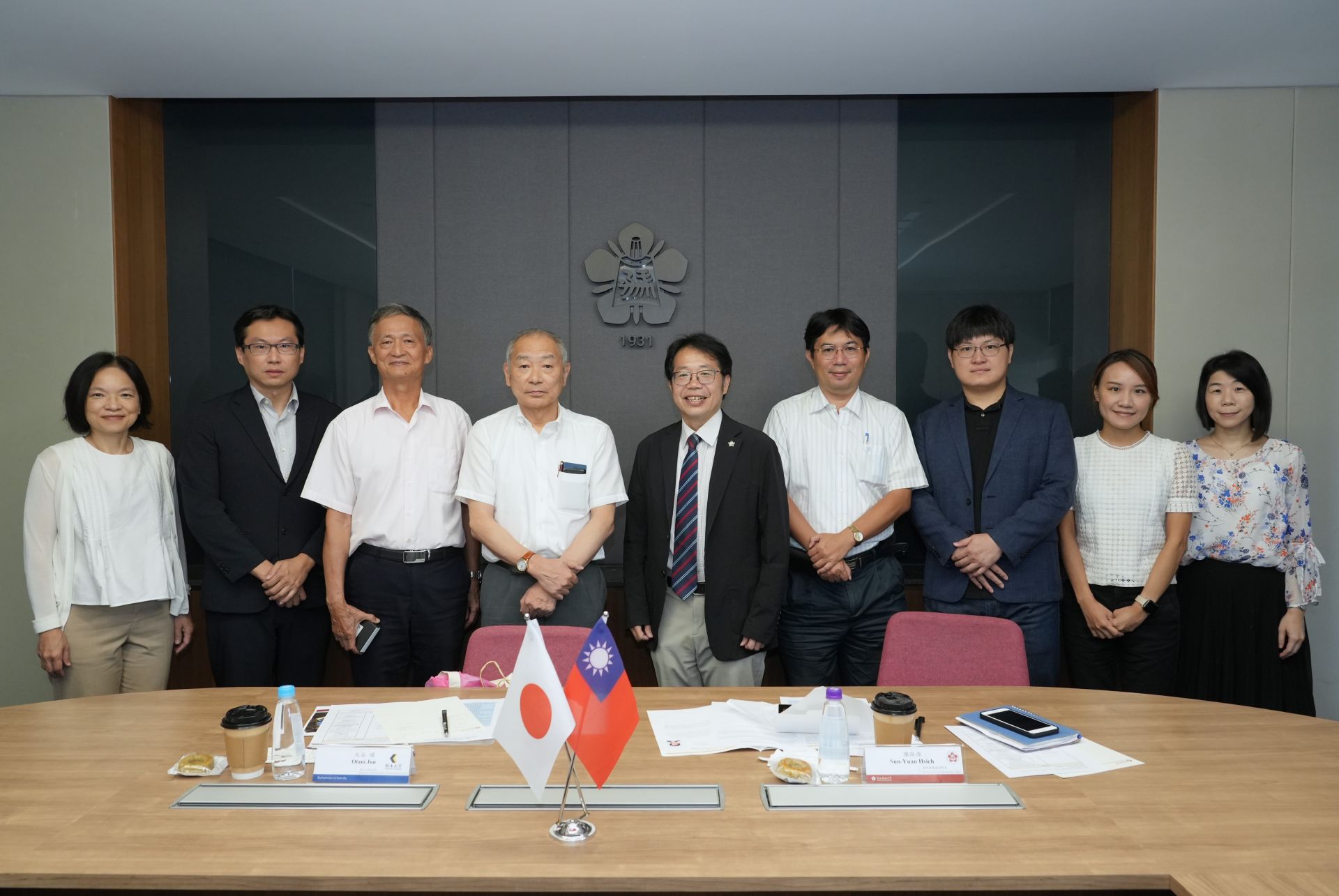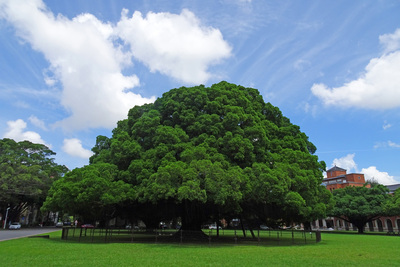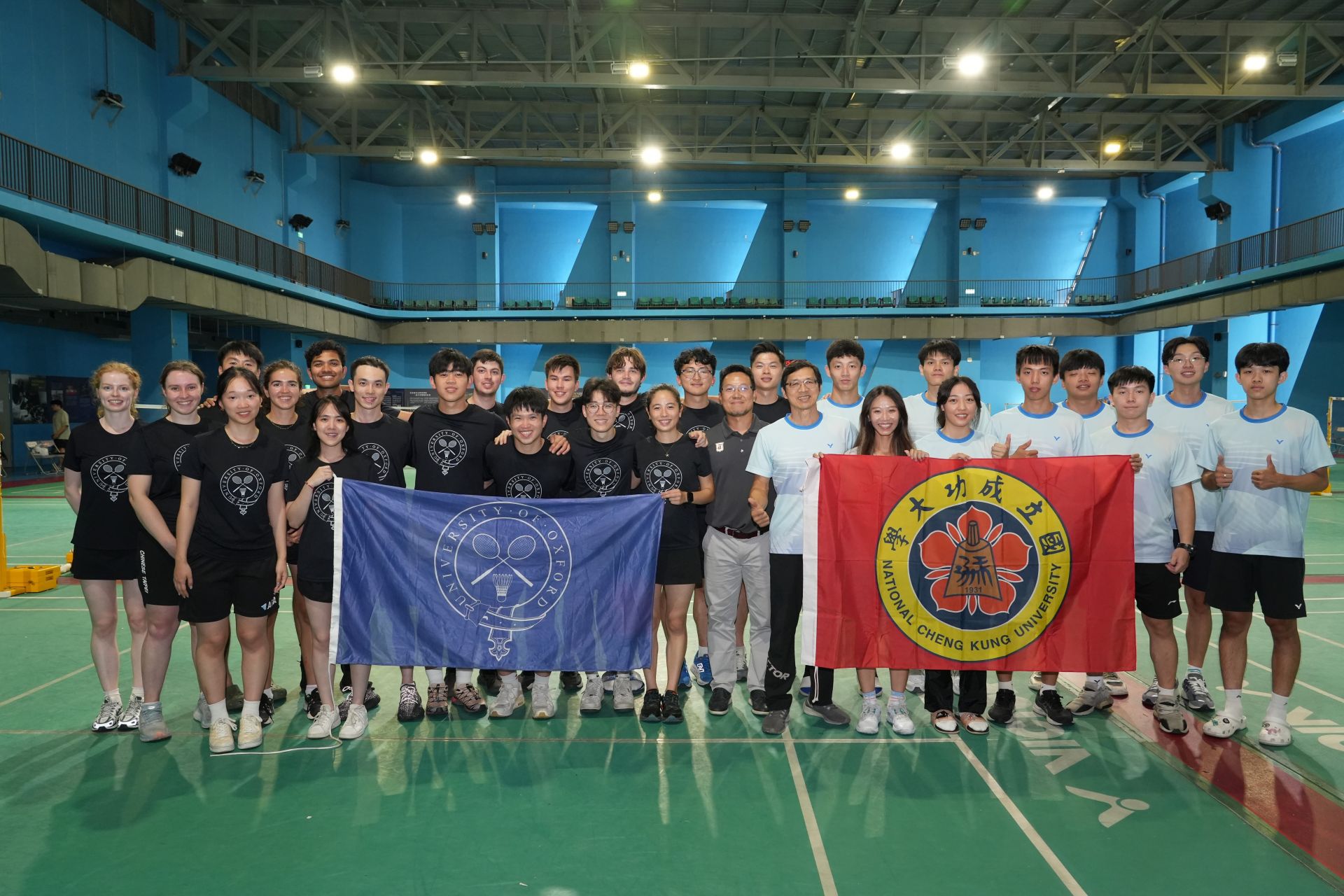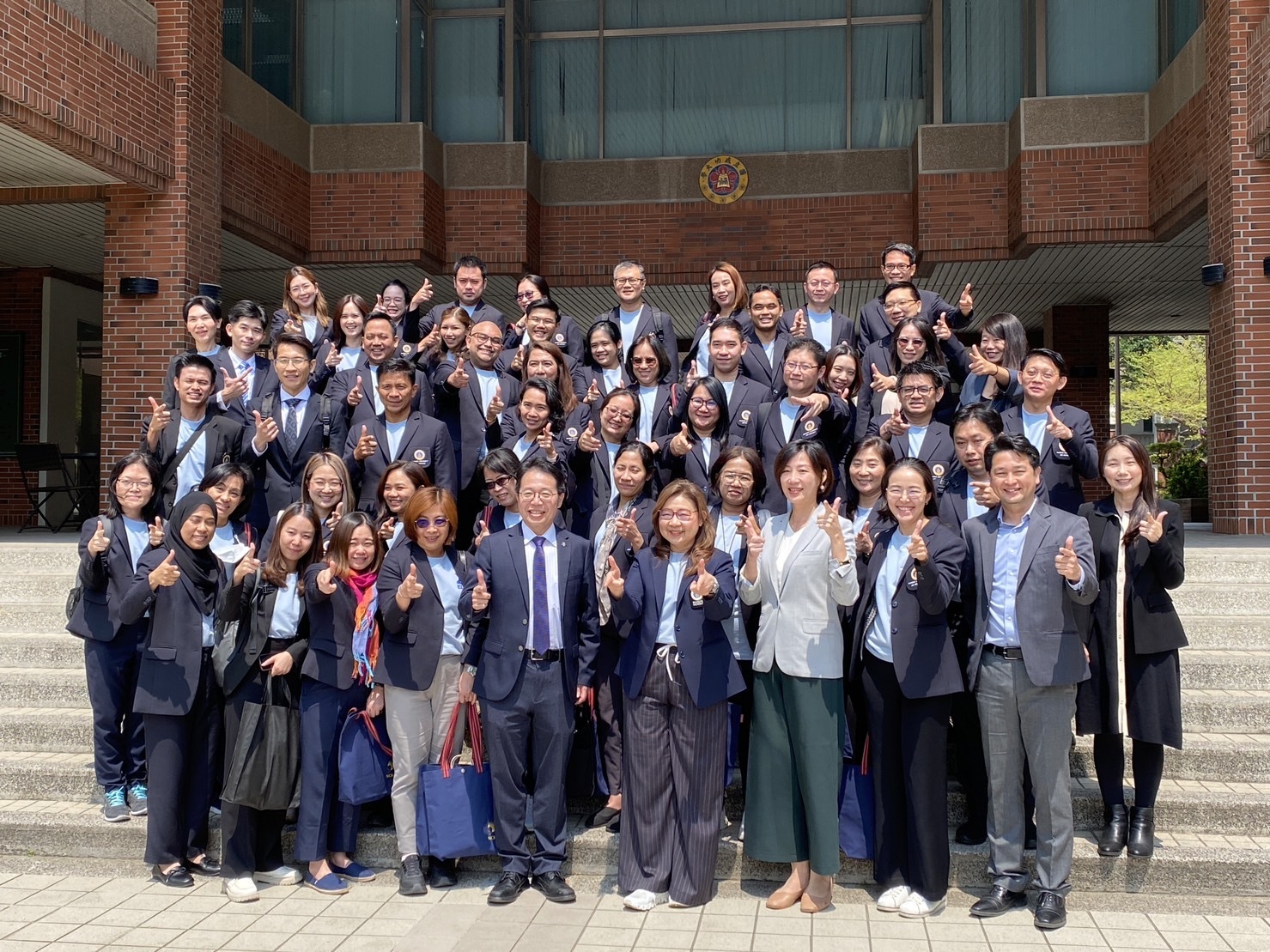NCKU and Kumamoto University Deepen Semiconductor Collaboration, Explore Disaster Prevention and Medical Research Cooperation
Attendees included Vice President Jun Otani from Kumamoto University, NCKU’s Director of International Affairs, Dr. Sun-Yuan Hsieh, Chief Secretary Dr. Chien-Hung Wu, Deputy Dean of the Semiconductor College Dr. Wei-Chou Hsu, Chief of the International Relations Section Dr. Chia-Hsiang Lin, and Assistant Directors of the Semiconductor College Dr. Ya-Ju Lee and Dr. Wei-Li Deng.
Dr. Hsieh emphasized that the discussions centered around three main areas: student exchanges, talent cultivation, and research collaboration. Kumamoto University students were invited to participate in NCKU’s summer school programs, and Vice President Otani committed to continuing to send students to NCKU for further studies. This exchange is expected to enhance academic growth and cultural interaction between students from both universities. In terms of talent development, with TSMC establishing a plant in Kumamoto, NCKU's Semiconductor College and Kumamoto University have initiated discussions on semiconductor research cooperation, achieving preliminary consensus on several key research topics.
Notably, Kumamoto University proposed the possibility of a dual degree program, which both sides plan to explore further to expand cooperation in the educational system.
Dr. Wei-Chou Hsu from NCKU’s Semiconductor College introduced initial collaboration plans in the semiconductor field, highlighting NCKU’s strengths in IC design, semiconductor manufacturing, packaging and testing, and critical materials. Vice President Otani emphasized the significance of collaboration in the semiconductor sector, especially with the establishment of a TSMC plant in Kumamoto, which has created job opportunities and sparked students’ interest in semiconductor research and development.
Vice President Otani also mentioned that since Kumamoto University signed a Memorandum of Understanding (MOU) with NCKU’s Disaster Prevention Research Center in April, there is already a foundation for cooperation on disaster mitigation and watershed management. He stressed that courses should extend beyond the classroom and into real-world applications, noting that both Taiwan and Japan face natural disasters such as earthquakes and heavy rainfall, making them suitable for joint disaster prevention efforts.
Dr. Chia-Hsiang Lin from NCKU’s International Relations Section noted that NCKU already has a dual degree program where students can study at Kumamoto University for three years and at NCKU for two years, earning both a bachelor's and master's degree in the semiconductor field. Dr. Lin further explained that there is potential to expand cooperation in existing areas such as medicine and computer science. He also emphasized that AI technology and elderly healthcare will be future trends, particularly in addressing aging populations and healthcare needs.
Vice President Otani concluded by suggesting that earthquake engineering and medicine, areas of strength for Kumamoto University, could also be considered for future collaboration. Dr. Sun-Yuan Hsieh reaffirmed that NCKU’s International Office would play a crucial role in fostering more exchanges and collaborations between the two universities. Vice President Otani’s visit to NCKU underscores the university’s commitment to promoting international education and research cooperation. NCKU will continue to drive diverse international partnerships, fostering global perspectives and cultivating outstanding talents with international competitiveness to contribute to the development of Taiwan and the global technology industry.

Kumamoto University Vice President Jun Otani visited NCKU on August 27, aiming to further strengthen collaboration in the semiconductor field. Attendees (from left to right) were NCKU Semiconductor Academy Deputy Director Wei-Li Deng, Program Director Ya-Ju Lee of the NCKU Semiconductor Academy’s Critical Materials Program, Vice Dean of the NCKU Semiconductor Academy Wei-Chou Hsu, Kumamoto University Vice President Jun Otani, NCKU Office of International Affairs Director Sun-Yuan Hsieh, NCKU General Affairs Director Chien-Hung Wu, NCKU Office of International Affairs International Relations Section Chief Chia-Hsiang Lin, International Relations Section staff members Yu-Wen Fu and Ching-Hui Hsu.

SDG17A Breakthrough Collaboration for National Cheng Kung University and Intel to Sign the Patent Subscription Agreement.
View more
SDG17Oxford University Badminton Team Visits NCKU for the First Time, Kicking off Academic and Athletic Exchange
View more



















